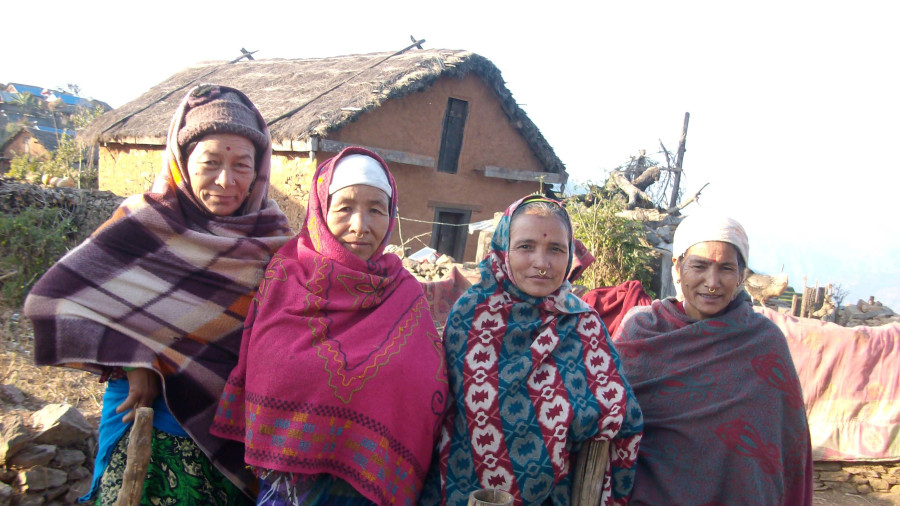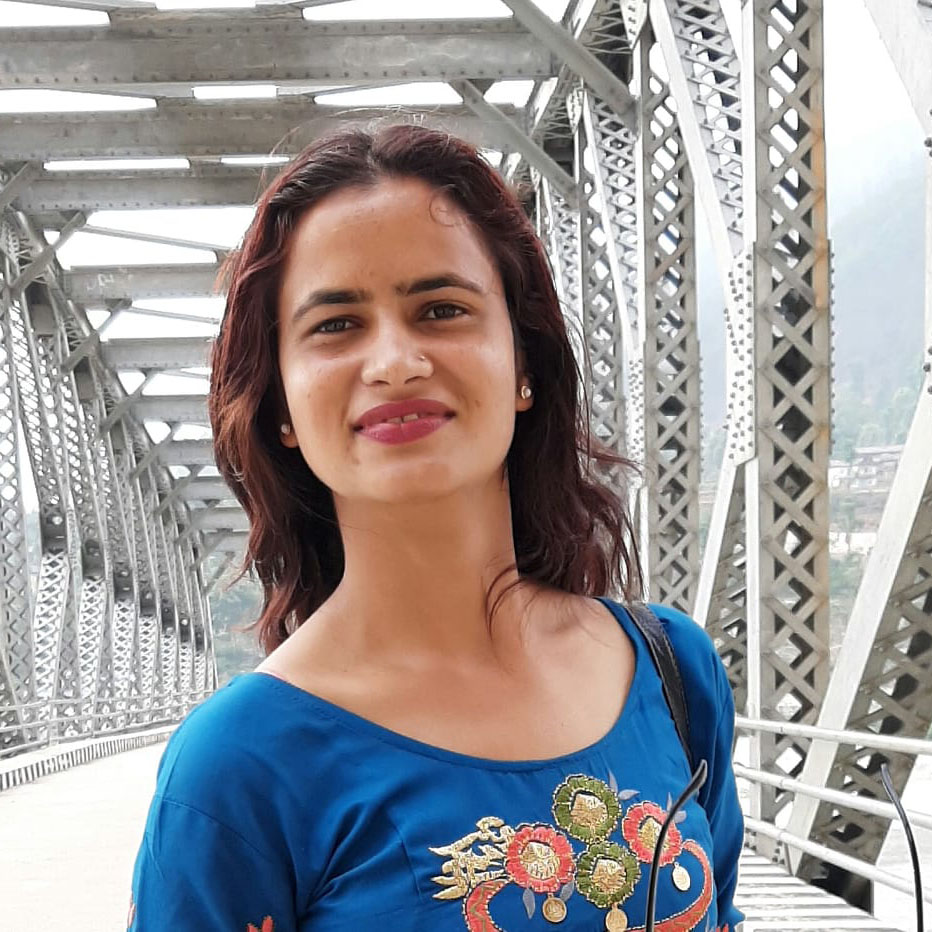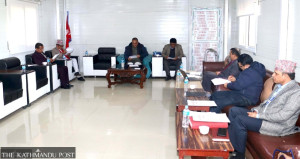Sudurpaschim Province
Women’s voices go unheard in local units led by male officials
Of the total 10 local units in Achham, Bannigadhi and Mellekh rural municipalities have very few women seeking services, inquiring about budget allocation for the development of women and children, and coming forward with complaints.
Menuka Dhungana
Of the total 10 local units in Achham, Bannigadhi and Mellekh rural municipalities have very few women seeking services, inquiring about budget allocation for the development of women and children, and coming forward with complaints.
The chief and deputy chief of both these municipalities are men which, according to locals, discourage women from approaching the local units.
Lok Bahadur Saud, vice chairperson of Bannigadhi Jayagdh Rural Municipality, agrees that his office has not been able to encourage women to approach the unit to seek services. Although there are women in the executive committee, Saud believes that they (himself included), as elected representatives, haven’t been able to do much to push forward women development issues. “We have women members in the executive committee but haven’t been able to encourage them to speak up about women issues. This could very well be because
we have men in the decision-making roles and haven’t been able to give women the chance to take a lead.”
The case, however, is different in Mangalsen Rural Municipality, where a woman holds a position of power.
This is evident in the number of women violence cases registered at the municipality in comparison to other units. While only one case of women violence has been reported in the judicial committee of the Bannigadhi Jayagdh Rural Municipality in the running fiscal year, 11 cases of women violence have been reported in Mangalsen Municipality in the same time frame. This is a result of the efforts of Sarita Upadhayay, deputy mayor of Mangalsen Rural Municipality, and her campaign that hopes to reduce women’s violence and problems women face. As a result of the campaign, women have found the voice to lodge complaints. “Women issues are taken up more frequently and there are more initiatives to control violence against women in local units with women representatives. I ensure that women voices are heard,” she said.
In contrast to Mangalsen Rural Municipality, where women are encouraged to speak up, women, including executive members, in other municipalities, finds themselves losing their voices. Jamuna Damai, an executive member of Mellekh Rural Municipality, said that they are unable to present their concerns in the rural municipality. “We are never told of what’s being done. The male representatives call us for meetings only to inform us of decisions they have already made and to have us sign them,” said Damai, informing that she and other women executive members would be more comfortable if the vice chairperson were a woman. “We are never consulted before decisions are taken; we are informed only after they reach a conclusion.”
Local women leaders said that issues relating to women have largely been neglected after the local units were authorised to allocate budget as per their need. The budget allocated for women empowerment and income-generation programmes for women have not been utilised yet, they say. In Mangalsen, the budget
allocated for the development of women and children is
also, in comparison, higher. While the Bannigadhi Jayagdh Rural Municipality has
allocated Rs1.3 million for the sector, Mangalsen has allocated Rs 3.5 million.
According to local women in these districts, the elected leaders had assured them that they would work for women empowerment but went back on their promise after winning the last federal and provincial elections. Most men from Bindebasini in Mellekh Rural Municipality have migrated abroad for work leaving behind mostly women and children. The women in this municipality are mostly involved in farming and grow vegetables but have nowhere to sell their produce. “We grow adequate vegetables but we don’t have access to a marketplace where we can sell our produce,” said Sagundevi Khadka, a native of Bindebasini, who has been demanding the local unit to establish a Vegetables Collection Centre near their village.
Sanu Khadka, chairperson of a local mother’s group, said that local authorities have done nothing for women’s welfare in her ward. “We feel like we don’t have a voice here because the male representatives have done little to empower women,” said Khadka, blaming that budget allocated for women’s development has been used elsewhere.




 12.12°C Kathmandu
12.12°C Kathmandu















